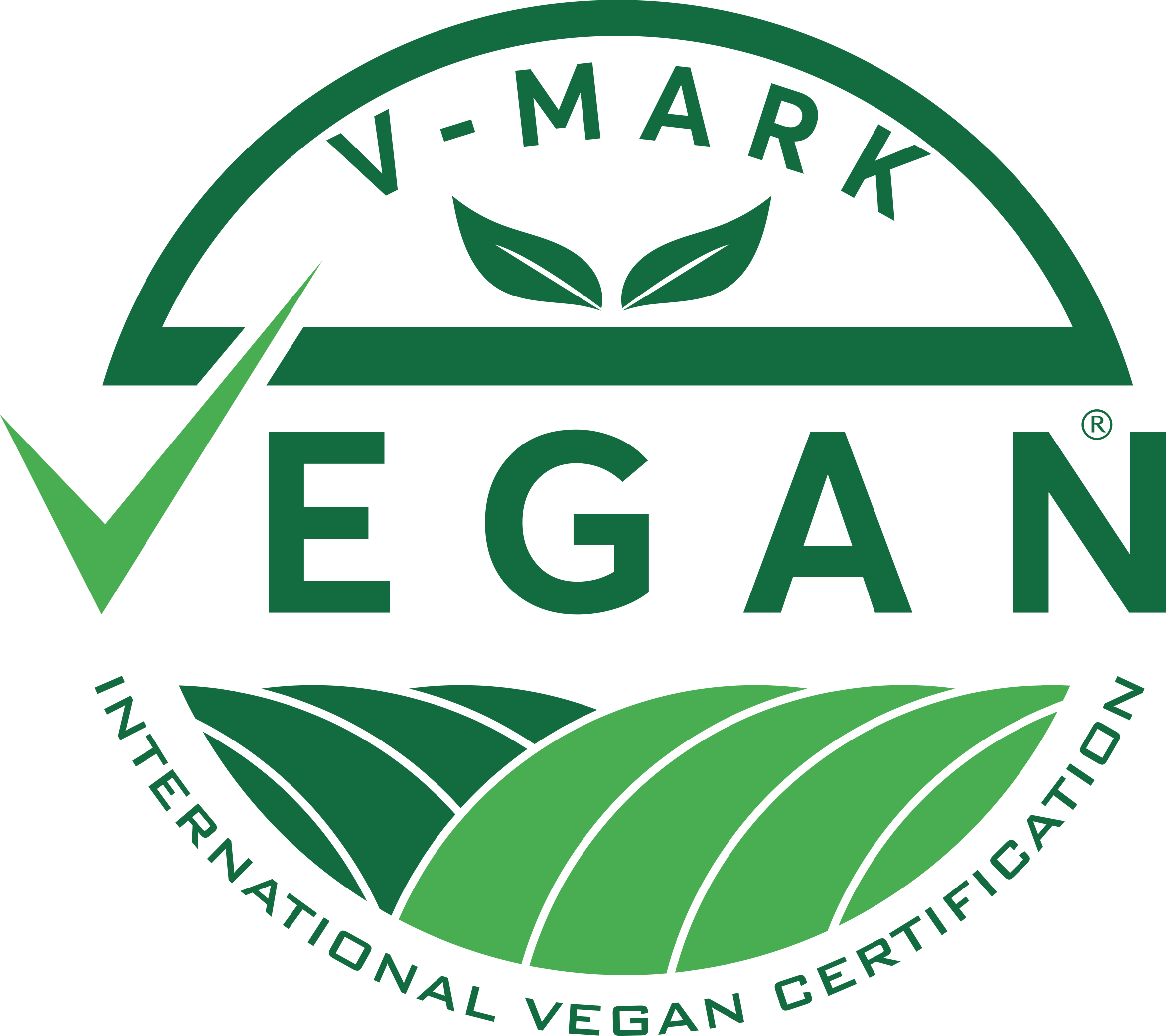Veganism and Social Justice: How the Vegan Lifestyle Can Help Create a More Equal World
Veganism has been on the rise in recent years, and with good reason. Not only is it a healthy and sustainable lifestyle, but it also has the potential to make a positive impact on social justice issues. This is because veganism is about more than just food; it is about taking a stand against animal exploitation and standing up for the rights of all sentient beings.

The vegan lifestyle is rooted in the concept of non-violence. This means abstaining from all animal-based products, such as meat and dairy, as well as avoiding materials made from animals, such as leather and fur. It is about more than just what you eat or wear; veganism is an ethical philosophy of respect for all life. By avoiding the exploitation of animals, vegans are taking an active role in helping to create a more equal world.
Veganism is also an important tool for fighting climate change. Animal agriculture is one of the leading causes of greenhouse gas emissions, and by avoiding animal products, vegans can reduce their carbon footprint. Furthermore, many vegan foods are more sustainable than their animal-based counterparts, meaning that veganism can also help reduce global food insecurity.
Finally, veganism can be a powerful way to support social justice issues. Many vegans choose to support vegan organizations and charities that are working to make a positive impact on a range of causes, from animal rights to environmental protection. By supporting organizations that are fighting for a more just and equal world, veganism can help create a more equitable society.
In conclusion, veganism is more than just a diet; it is an ethical lifestyle that has the potential to make a positive impact on social justice issues. By avoiding animal products and supporting causes that are fighting for a more equal world, vegans can help create a more sustainable and just society.
Blog
- Are Vegan People Healthy? Examining the Science Behind a Plant-Based Diet
- Is Veganism Harmful? A Look at the Risks and Benefits
- The Ethics of Veganism: Why People Choose a Plant-Based Diet
- The Health Benefits of Veganism: What the Research Shows
- The Myths and Realities of Veganism: Separating Fact from Fiction
- The Rise of Veganism: A Look at the Growing Movement
- Veganism 101: An Introduction to the Vegan Lifestyle
- Veganism and Aging: Can a Vegan Diet Help You Live a Longer, Healthier Life?
- Veganism and Beauty: Plant-Based Options for a Compassionate Regimen
- Veganism and Cancer: Does a Plant-Based Diet Reduce the Risk of Cancer?
- Veganism and Diabetes: Can a Plant-Based Diet Help Manage Diabetes?
- Veganism and Dining Out
- Veganism and Fashion: Ethical and Sustainable Options
- Veganism and Fitness: How to Build a Strong and Healthy Body on a Plant-Based Diet
- Veganism and Gifts: Ethical and Sustainable Options for All Occasions
- Veganism and Health: Debunking Myths and Exploring the Benefits
- Veganism and Heart Health: Is a Vegan Diet Good for the Heart?
- Veganism and Holidays: Celebrating Compassionately
- Veganism and Nutrient Deficiencies: How to Ensure a Balanced and Healthy Diet
- Veganism and Parenting: Raising Compassionate Kids in a Plant-Based Household
- Veganism and Personal Care: Choosing Cruelty-Free Products
- Veganism and Social Justice: How the Vegan Lifestyle Can Help Create a More Equal World
- Veganism and Travel: Tips for Staying Vegan on the Go
- Veganism and Weight Loss: Does a Plant-Based Diet Promote Healthy Weight Loss?
- Veganism and the Environment: The Impact of a Plant-Based Diet
- Veganism for Beginners: A Step-by-Step Guide to Adopting a Plant-Based Lifestyle

GET CERTIFIED
